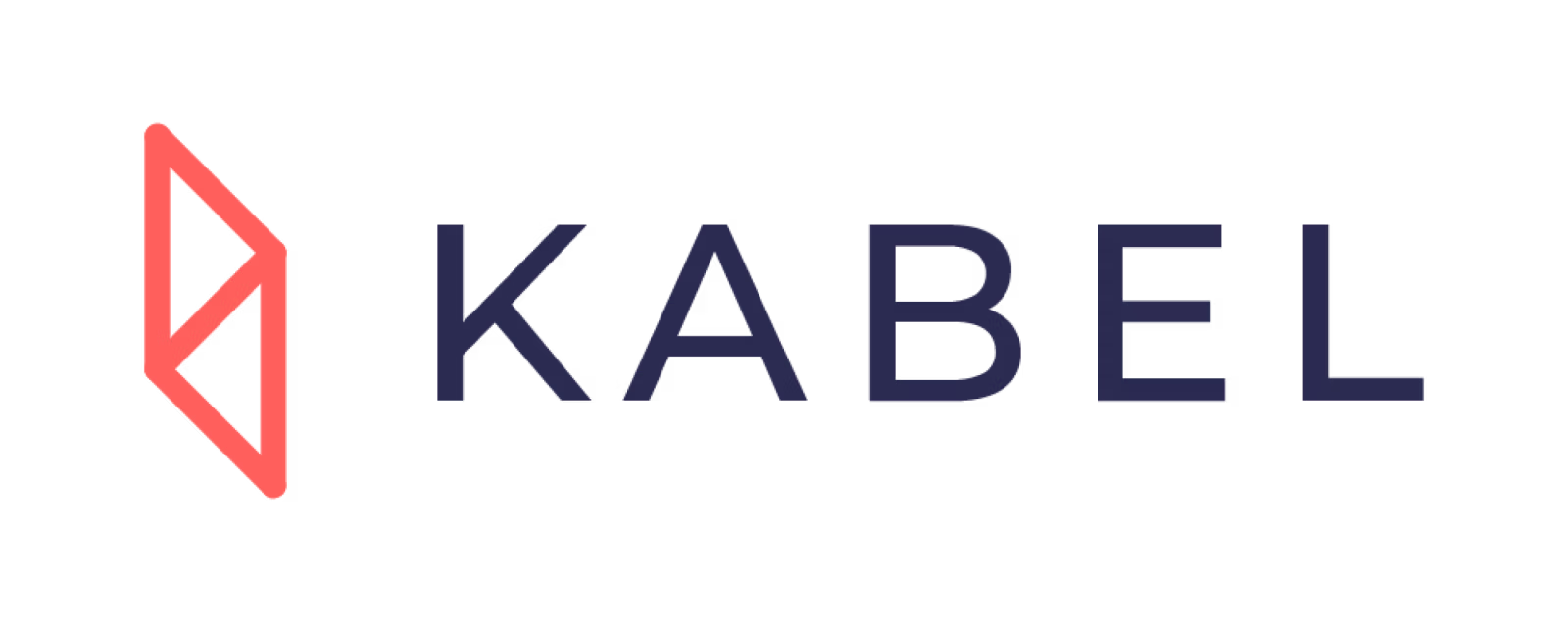How Agile Teams Thrive in Uncertainty
You can have the best strategy on paper and still fail in execution.
Not because your people are unskilled, but because they can’t adapt fast enough.
Across industries, leaders echo the same frustration:
- Projects stall not from lack of talent, but lack of agility.
- Teams execute old playbooks on new problems.
- Leaders feel like they’re always reacting instead of leading change.
As one CEO at YEI2.0 shared:
“Our people are skilled, but the speed of change keeps outpacing them.”
The reality is clear, agility has quietly replaced readiness as the new hiring advantage.
If your team can’t pivot fast, the market will.
Why “Ready” Is No Longer Enough
Traditional hiring rewarded readiness: past experience, technical qualifications, and tenure.
But in a world of AI disruption and fast-changing industries, readiness expires quickly.
Reports from the World Economic Forum show that automation is accelerating demand for human skills such as analytical thinking, creativity, and resilience — capabilities that can’t be automated.
Meanwhile, McKinsey notes that today’s graduates, as digital natives, bring the kind of digital fluency most companies struggle to train for.
They’re fluent in collaboration tools, automation apps, and new technologies — skills that allow organizations to move faster.
In other words:
“Ready” employees maintain the system. Agile employees evolve it.

What Makes Agile Teams Different
Agility isn’t chaos — it’s structured adaptability.
Here’s what sets agile teams apart:
1. Digital Fluency & New Skills
Graduates entering the workforce today grew up online — they experiment with AI tools, adopt new platforms quickly, and drive digital adoption from within.
This isn’t theory — McKinsey’s research confirms that employers value their advanced digital comfort as a competitive edge.
2. Fresh Perspectives & Innovation
According to a 2023 LinkedIn survey, 78% of employers in Asia believe fresh graduates contribute to innovation by offering new ways of thinking.
They see opportunities where others see constraints — often sparking the next improvement or automation idea inside SMEs.
3. Adaptability & Learning Agility
The Asian Development Bank found that 72% of employers value graduates for their ability to learn and adapt quickly.
This learning agility is exactly what agile organizations need to stay ahead of shifting customer demands and technologies.
4. Cost-Effectiveness & Pipeline Strength
You don’t have to choose between innovation and efficiency.
Reports show that fresh graduates command lower starting salaries, while also serving as the foundation for succession planning and future leadership.
Agility is both a performance and a cost advantage.
5. Shift to Skills-Based Hiring
The National Association of Colleges and Employers (NACE) reports that employers now prioritize skills and work experience (internships) over academic degrees.
It’s a global shift toward capability-based recruitment, where learning agility and outcomes matter more than credentials.
The Real Opportunity: Agility as a System
Agile teams aren’t just made of adaptable individuals — they operate inside systems that support experimentation and rapid learning.
That means:
- Encouraging continuous upskilling.
- Rewarding problem-solving, not hierarchy.
- Pairing experienced mentors with digitally fluent graduates.
When companies hire for skills and design environments that promote adaptability, they create self-learning teams that thrive in uncertainty.
The Economic Context
Economic headwinds in Asia have made companies more cautious about hiring.
Recent surveys show fresh graduate hiring intentions at their lowest across employment tiers, as many firms freeze or delay headcount expansion.
But here’s the paradox:
The same environment that slows hiring also demands faster adaptation.
Hiring for agility — not tenure — is the most cost-effective way to stay competitive.
The Bottom Line
The companies that thrive tomorrow won’t just have the right strategies — they’ll have agile teams that turn those strategies into outcomes, fast.
In uncertain times, success belongs to those who can learn, adapt, and deliver at speed.
Learn how agile teams thrive in uncertainty
See how skills-based hiring helps you build them — only on Kabel.
Related Reads
The Skills-Based Hiring Playbook for Growth Companies







